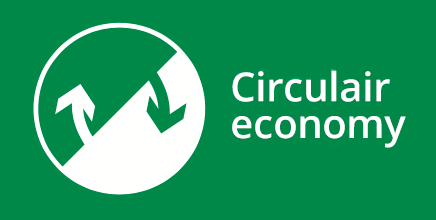HZ Uni international interns Grace & Gustavo contribute to NEREUS
Meet Grace and Gustavo, two interns at the HZ University of Applied Sciences (NL) who have worked on assignments for the NEREUS project in the last semester.
Both students are from outside the EU from two different corners of the world, and although working for the same project, had really diverse assignments. Curious to find out more about them and the results they achieved? Then read on below!
Grace’s work: Quantifying KPIs to evaluate wastewater treatment for resource recovery
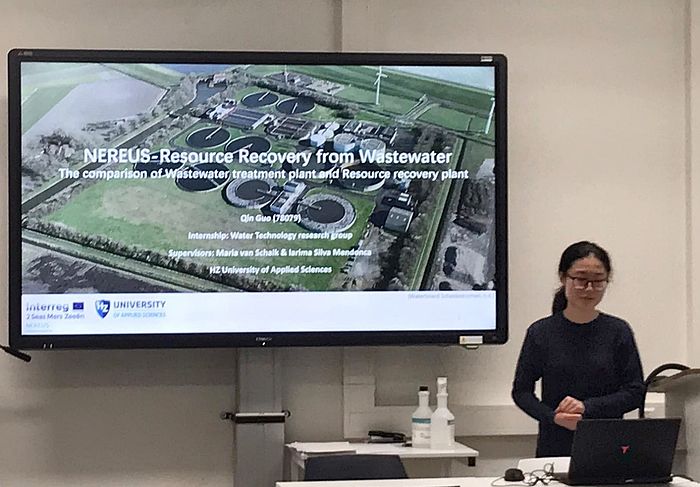
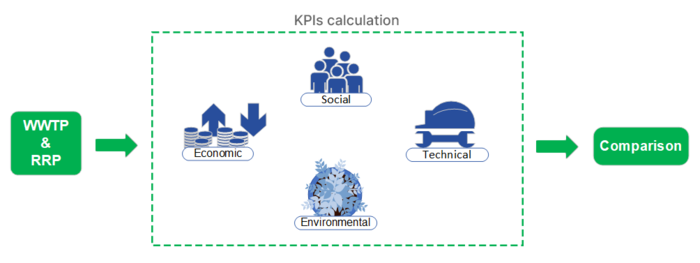
“Hi! I’m Grace. I’m a Chinese student, currently living in the Netherlands and enrolled into Water Management at HZ Uni. Next semester I’ll be starting my forth and last year of the programme. I’ve been elaborating the work on key performance indicators (KPIs) used to evaluate wastewater treatment for resource recovery.”
Grace aimed to compare a conventional wastewater treatment plant to a resource recovery plant, in terms of technical, environmental, economic and social aspects. She quantified the mathematically formulated set of KPIs for both type of plants. This enabled her to see the differences and the impact of having additional processes capable of recovering resources on the treatment train.
The results facilitated initial conclusions upon resource recovery; it allows the re-use of (treated) wastewater and its transformation into valuable products that can become scarce (e.g. nutrients) in the near future. However, some aspects such as the plant scale and operation conditions need to be further researched and optimized to be economically feasible.
Gustavo’s work: Modeling struvite precipitation from domestic wastewater
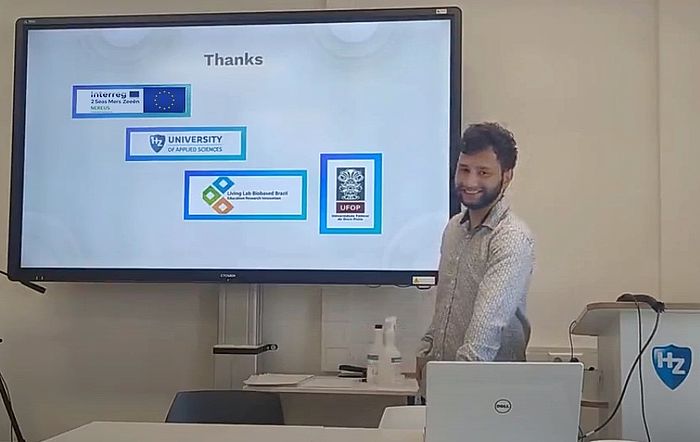
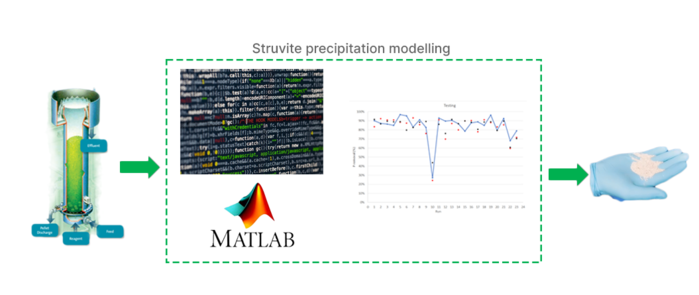
“Hello, Gustavo here. I’m a Brazilian environmental engineering student, from the Federal University of Ouro Preto. I came to the Netherlands through a collaboration called Living Lab Biobased Brazil, in order to conduct my research internship at HZ University. I worked on modeling struvite precipitation from domestic wastewater, a process tested by project partners DuCoop and Southern Water.”
His assignment consisted of reducing detailed and complex models to find quick and sufficiently accurate predictive model(s) to support decision-making. Besides that, he also compared fully deterministic models with semi-deterministic and fully stochastic models based on empirical data.
With Gustavo’s work, modelling scripts were built to predict phosphorus recovery from wastewater under specific conditions. His work also enabled conclusions on the situations in which different types of predictive models should be used.
At the end of the semester both interns reported on their findings and insights. They were able to expand their knowledge and expertise in their assignment subjects, as well as practicing the use of data and programming tools such as Excel and MATLAB. The knowledge gained during this research should also prove valuable for the NEREUS project and serve the Decision Support Tool, that is being developed by University of Portsmouth.



